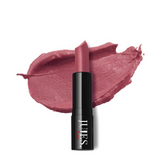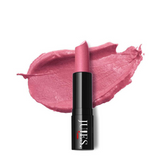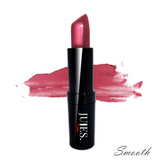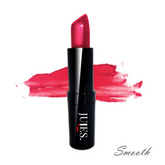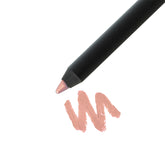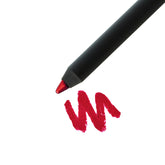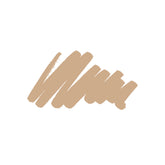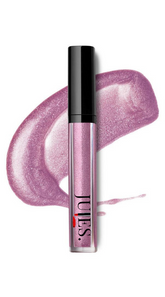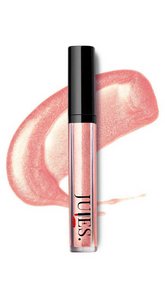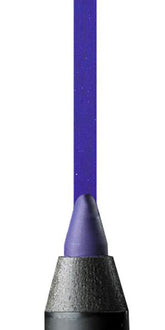Do I Need to Wear Primer ?
Let’s start at the beginning. What is primer anyway?
Primers were designed as a prepping stage that falls between skincare and cosmetics. This product is meant to ease the application of foundation while improving the longevity of wear. Let's not forget it's true claim-to-fame: blurring lines and imperfections. Modern primers can have additional benefits including but not limited to additional hydration, SPF, mattifying and/or color-correcting properties.
Sounds like the magical product you were looking for, right? Not so fast.
The average young adult might not need primer as desperately as you think.

When you're in your 20s the only lines you should hopefully be seeing right now at worst are from dehydration—in which case, yes, the silicone will help blur that unwanted texture but it would be my recommendation to get on top of a better skincare regiment first.
If this is your only struggle, Phytomer’s Hydra Orginial Thirst Relief Melting cream is a life-saver for dehydrated skin.
So, now that the benefit of blurring lines is out of the question, what do we have left?
Color-correction (most often found in the form of green primers):

Yes, it will cut down the pinkness but if you aren’t careful, the combination of this type of product in addition to the wrong color/texture/coverage of foundation will equate to a dull and ashy complexion when what you’re really looking for is a fresh-faced finish minus the tomato face.
For the simple reason that most people don’t tackle this the right way, I steer most of my clients away from these types of primers. There’s nothing inherently wrong with them, but I will say that there are easier ways to cut out the red from your cheeks.
Furthermore, we have longevity of wear.
I’m going to be honest with you on this point, unless you have oily skin and require additional mattifying, cosmetics today are quite advanced and should be wearing well all day long without the need of a primer underneath of them.
I would for the most part chalk this attribute up to a sales ploy. It's sort of like when you buy yogurt that says "contains probiotics"--even though they all do. It's just another point to get you to purchase.
So, finally, what young adult does benefit?

Do you have...?
- Oily skin?
- Thick, textured and/or scarred skin (likely acne scarring)?
- Large or visible pores?
If one of these describes your struggle, you will love what primer can do for you.
For those in the oily category, mattifying primers are your saving grace, but stay away from classic silicone primers! They will actually cause your makeup to slide right off over time as opposed to helping you.

Does this look like you by 12o'clock noon?
>>Check out my favorite mattifying primer and put your grease ball days behind you.
When you use this primer, be sure to only use a small amount and gently press it into the skin, focusing on your oily areas (most likely T-zone which consists of the center of your forehead, nose, inner cheek area, and chin).
Rough skin rule of thumb: 
If your textured skin is accompanied by excessive oil, stick to a mattifying primer.
If you have normal skin, but scarring from teenage years, keep to classic primers.
To my pore-conscious people:

If you have visible pores but no significant amount of excess oil, then stick to a classic silicone-based primer, it will feel like silk gently caressing your skin. Seriously, its smooth like a baby’s booty.
My clients' favorite is this hydrating primer.
In my professional experience 9 out of 10 people have signs of dehydration in their skin which makes this primer's added water-binding agents, hyaluronic acid and glycerin, quite advantageous to the great majority.

*On that note, if your skin is incredibly dry, primers can be used as a seal to help prevent moisture loss and help lock in your moisturizer for the day. This can be incredibly helpful in dry and/or cold climates.
In conclusion,
When using primers in general, focus on T-zone and feather out from there in a gentle down and out motion with clean fingertips. This will allow a smooth application without accidentally making the peach fuzz on our face stand out in the process.
All in all, if your skin is basically normal and you aren’t obsessing over pore size, you can feel free to skip primer without any guilt. For the rest of us, primers are our little secret weapon.

BONUS TIP: You can use primer alone!
Primer will still help even out your overall complexion without the additional use of liquid makeup should you choose to forgo this step. You can even use primer with a drop of powder successfully as well if you are a mineral powder foundation wearer.
